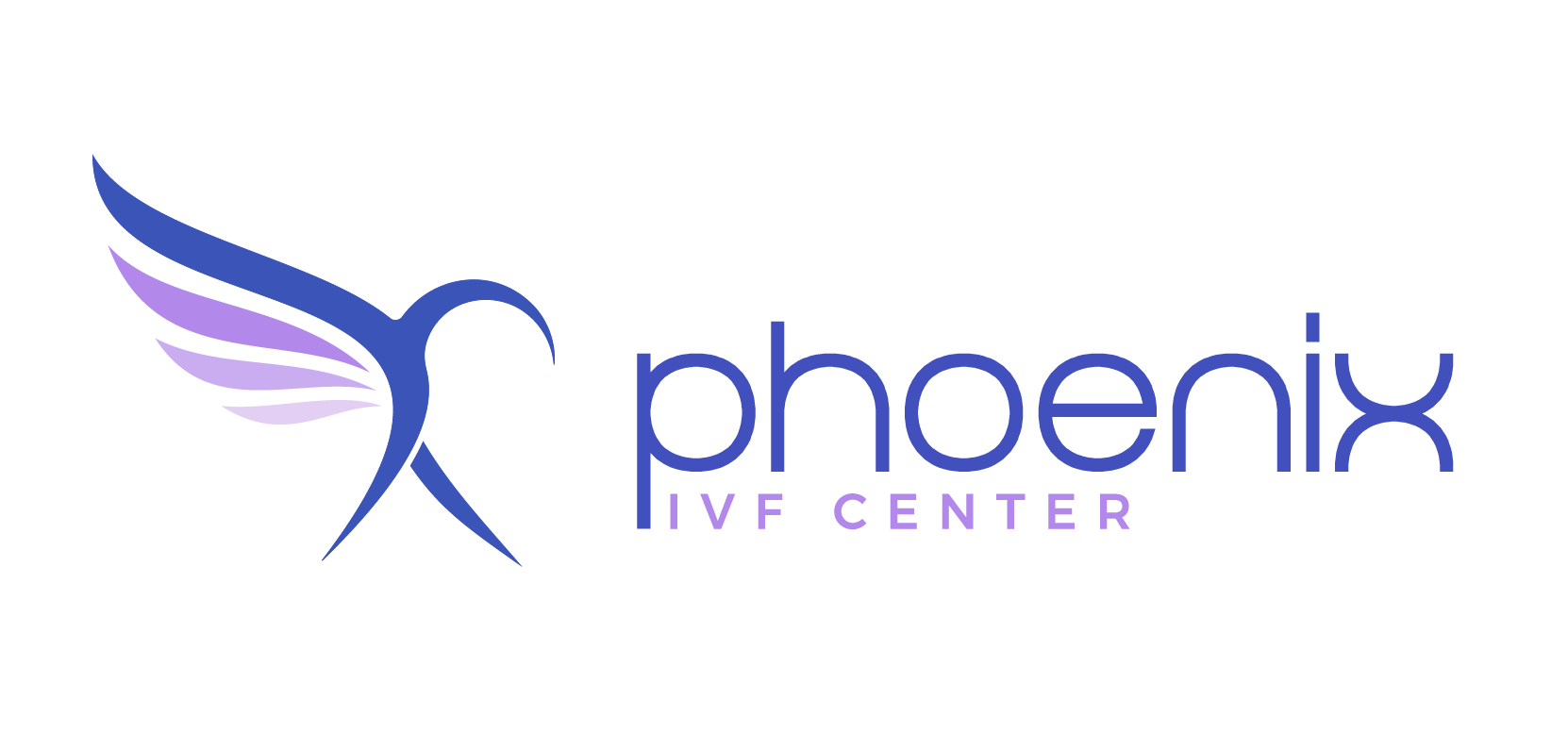What to Do and Avoid After IVF Treatment
At Phoenix IVF Center, we understand that after your IVF treatment, you may feel a mix of excitement, hope, and naturally, some uncertainty. You’ve taken significant steps toward your dream of parenthood, and now you want to ensure you’re doing everything right for a successful outcome. To help you navigate this critical period, we’ve prepared answers to the most frequently asked questions about what to do and avoid after IVF treatment.
How much rest should I take after IVF?
You might think complete bed rest is necessary after your IVF procedure, but this is not the case. While resting for a few hours immediately after the embryo transfer is essential, there is no evidence that prolonged bed rest increases your chances of pregnancy. At Phoenix IVF Center, we recommend our patients rest during the first 24 hours but engage in light activities such as walking afterward. In fact, excessive bed rest can lead to anxiety or depression, and we want to avoid that!
When can I return to my daily routine?
One of the most common questions we receive is when patients can resume their normal routines. The general rule is to avoid heavy lifting, intense exercise, or any high-impact movements for at least one week after embryo transfer. However, light tasks like cleaning or cooking are entirely safe. At Phoenix IVF Center, we advise you to listen to your body—if something feels uncomfortable, it’s perfectly okay to take a break.
When can I resume sexual activity after IVF?
This is another frequently asked question. It’s recommended to abstain from sexual activity for about 10 to 14 days after your embryo transfer or until your doctor gives you the green light. This is to prevent uterine contractions that might affect the implantation process. At Phoenix IVF Center, we focus on every detail of your care to ensure you’re in the best position for success.
What should I eat after IVF? Are there foods I should avoid?
Nutrition plays a crucial role in your post-IVF journey. While there’s no magical food that guarantees pregnancy, a balanced and nutrient-rich diet is essential for overall health and well-being. At Phoenix IVF Center, we recommend foods that support your immune system, such as leafy greens, fruits, lean proteins, and healthy fats like avocados and nuts.
Additionally, avoid processed foods, excessive sugar, and too much caffeine. Most importantly, stay hydrated! Drinking plenty of water helps your body recover more effectively and supports a healthy pregnancy. And yes, you can enjoy your favorite foods in moderation—just keep it balanced.
How does stress affect IVF results?
We know it’s easier said than done, but stress management is crucial after your IVF treatment. Excessive stress can potentially impact the procedure’s success. Meditation, light yoga, or even a walk along the beaches of Northern Cyprus can help calm your mind. Remember, mental health is just as important as physical health during this process.
Can I exercise after IVF? Which activities are safe?
Exercise requires caution after IVF. Avoid weightlifting and high-intensity workouts, but light activities like walking are encouraged. Activities that significantly raise your heart rate or put pressure on your abdominal area, such as running, weightlifting, or cycling, should be avoided for a few weeks.
At Phoenix IVF Center, we recommend waiting at least two weeks before starting moderate-intensity exercises, depending on how you feel. Keep your movements light and enjoyable—perhaps a relaxing walk along Northern Cyprus’s serene trails to keep your body active without overexertion.
What symptoms are normal after IVF, and when should I contact my doctor?
Mild cramping, bloating, or light spotting after an embryo transfer is entirely normal. These typically indicate that your body is adjusting and are usually not a cause for concern. However, at Phoenix IVF Center, we always advise contacting us if you experience heavy bleeding, severe pain, or a high fever. We’re with you every step of the way, and it’s always better to be safe.
Can I drink alcohol or smoke after IVF?
Both alcohol and smoking are absolute no-nos after IVF treatment. At Phoenix IVF Center, we strongly recommend avoiding these substances entirely during and after your treatment. Alcohol can interfere with implantation, while smoking can reduce IVF success rates and increase the risk of miscarriage. If quitting smoking is challenging for you, don’t hesitate to reach out to our team—we’re happy to provide resources and support.
When can I expect pregnancy symptoms?
One of the most challenging parts of IVF treatment is waiting for the results. It’s natural to be hyper-aware of every sensation during this time, but remember that pregnancy symptoms usually appear 2 to 3 weeks after the embryo transfer. You may experience mild cramps or bloating, but these could also result from the hormonal medications you’re taking. At Phoenix IVF Center, we encourage patience and trust in the process to ensure accurate results.
When should I take a pregnancy test?
Timing is crucial when taking a pregnancy test. We typically recommend waiting about 12 to 14 days after the embryo transfer. Testing too early could result in inaccurate results and unnecessary stress. At Phoenix IVF Center, we schedule your test at the right time to prevent the heartbreak of a false negative and ensure confidence in the results.
Is it safe to travel after IVF treatment?
If you’re planning to travel after your treatment, it’s generally safe, but it’s important to avoid long journeys or stressful travel within the first few days post-procedure. Flying is safe, but always consult your Phoenix IVF Center doctor before making travel plans. Our team can help you arrange everything to ensure a smooth and stress-free journey home—or wherever life takes you.
Can I conceive naturally after IVF?
Many women wonder if going through IVF will increase their chances of conceiving naturally in the future. While IVF doesn’t necessarily improve your long-term fertility, the treatment can help diagnose underlying issues that may be preventing pregnancy. At Phoenix IVF Center, we’re here to support you continuously, no matter the path your fertility journey takes.


